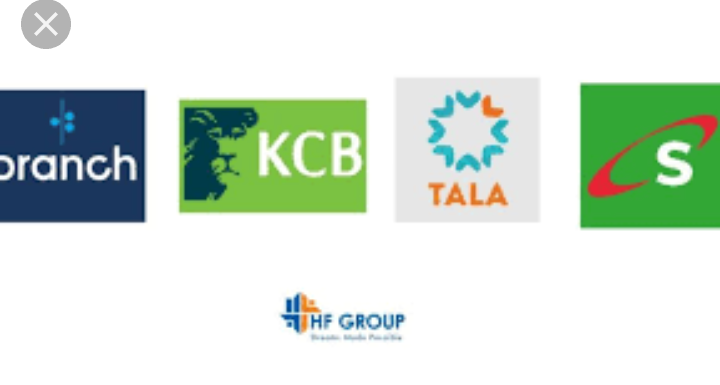

Recover your password.
A password will be e-mailed to you.

Onana Victor is a prolific writer, a contributer to the literary world and a keen social commentator. Our team therefore treats you to the best researched articles on all areas of your interest.
Contact: +254703144522
Twitter: @ONANAVICTOR1
Recover your password.
A password will be e-mailed to you.
